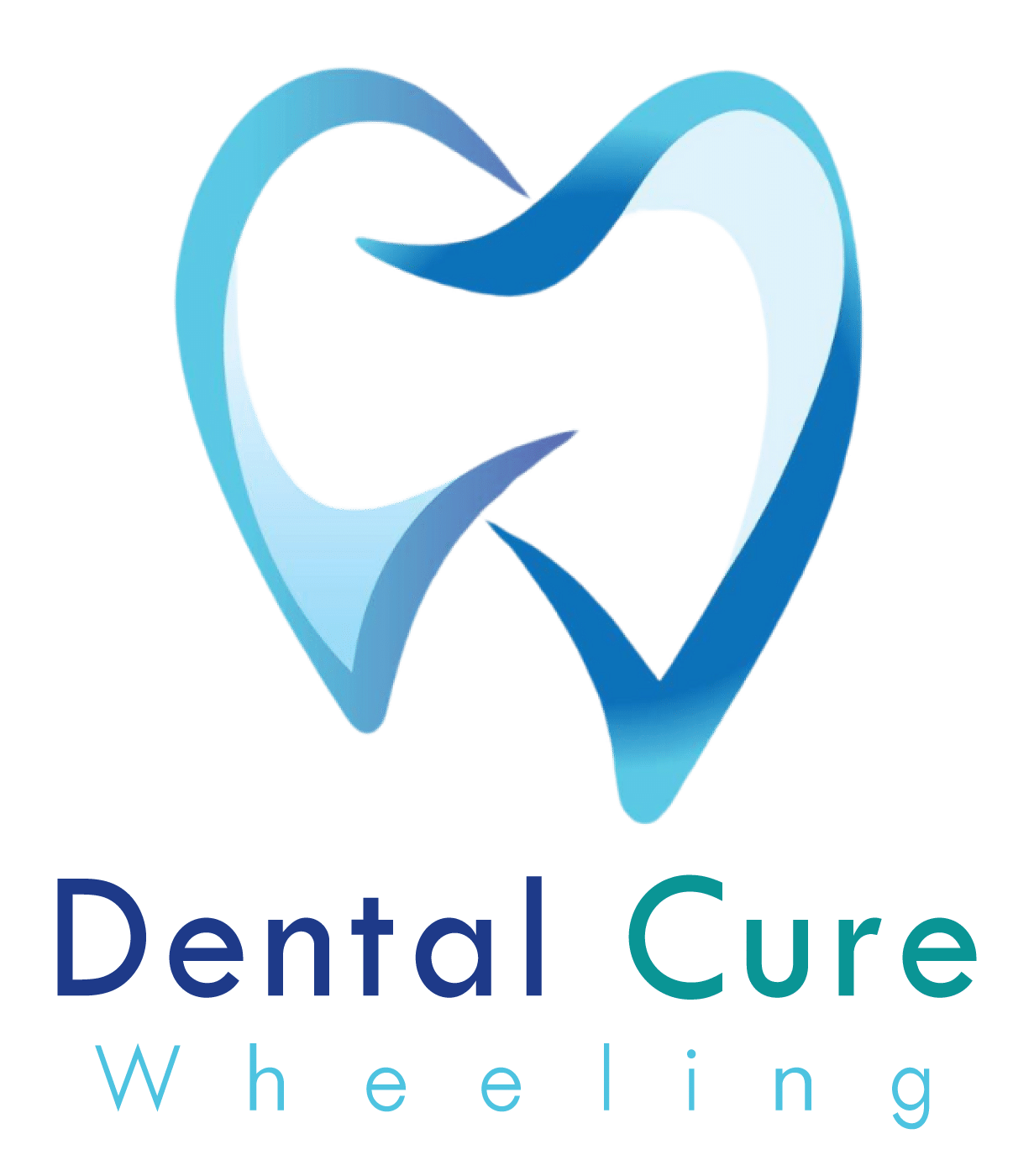Gum disease, also called periodontal disease, is more common than you might think, and it is treatable. It starts with bacteria building up around your gums, causing irritation and inflammation. If left unchecked, it can lead to gum recession, tooth loss, and other serious problems. If you’re worried about your gum health, reach out to Dental Cure in Wheeling, IL, and schedule a visit today.

What Is Periodontal Disease?
Periodontal disease happens when plaque and bacteria irritate your gums, leading to infection. The good news is that gingivitis, the earliest stage, is reversible with proper care. If it progresses to periodontitis, though, it can cause lasting damage to your gums and teeth.
- Cause: Bacteria and plaque buildup around the gums.
- Progression: Starts as gingivitis and can advance to periodontitis.
- Effects: May lead to gum recession, tooth loss, and bone damage.
- Systemic impact: Linked to conditions like heart disease and diabetes.
The Stages & Symptoms
Gum disease develops gradually, but the signs aren’t always obvious at first. Early symptoms, like redness or swelling, can worsen over time if ignored. Knowing what to watch for can help you take action sooner rather than later.
- Gum appearance: Red, swollen, or tender gums.
- Bleeding: Gums that bleed during brushing or flossing.
- Bad breath: Persistent unpleasant odor or taste.
- Teeth: Loose teeth or gum recession.
The Importance Of Early Detection & Treatment
Catching gum disease early makes all the difference. Early treatment can prevent permanent damage, keep your smile healthy, and save you from more complex procedures later. When it comes to gum health, acting fast really pays off.
- Preservation: Protects gums and prevents tooth loss.
- Prevention: Stops disease progression early.
- Overall health: Reduces risks linked to systemic conditions.
- Cost-effectiveness: Minimizes the need for extensive treatments.

How Is Periodontal Disease Diagnosed?
Diagnosing gum disease is straightforward and doesn’t take long. Your dentist will examine your gums for signs of infection and measure the spaces around your teeth to check for deep pockets. X-rays may also be used to spot any hidden damage or bone loss.
- Gum evaluation: Visual inspection for signs of inflammation or damage.
- Pocket measurement: Checking the depth of spaces between teeth and gums.
- Imaging: Digital x-rays to assess bone loss.
- Plaque analysis: Identifying bacteria levels around the gum line.
How Is Periodontal Disease Treated?
Treating gum disease depends on how advanced it is, but the goal is always the same: to get rid of the infection and help your gums heal. Scaling and root planing, a deep cleaning procedure, is often the first step, while more advanced cases might need additional care.
- Scaling and root planing: Removes plaque and smooths root surfaces to encourage healing.
- Antibiotics: Helps control bacterial infection.
- Surgery: Reserved for advanced cases with significant gum and bone damage.
- Maintenance care: Follow-up visits to monitor and prevent recurrence.
Scaling & Root Planing
Scaling and root planing is like hitting the reset button for your gums. This deep-cleaning procedure gets rid of plaque and tartar from below the gumline and smooths root surfaces, making it easier for your gums to heal. It’s a simple, non-surgical way to get your gum health back on track.
- Deep cleaning: Removes harmful bacteria and tartar buildup.
- Gum healing: Promotes reattachment of gums to teeth.
- Disease control: Prevents further progression of periodontal disease.
- Improved health: Reduces inflammation and discomfort.
Periodontal Disease Prevention
The best way to avoid gum disease is by staying on top of your oral hygiene routine. Brushing and flossing every day, along with regular dental cleanings, can make a big difference. Small habits can go a long way in keeping your gums healthy.
- Daily care: Brush and floss regularly to remove plaque effectively.
- Professional cleanings: Schedule routine visits for thorough cleanings.
- Healthy habits: Avoid smoking and maintain a balanced diet.
- Awareness: Monitor gums for any early signs of disease.

Maintaining Gum Health
Keeping your gums healthy after treatment is just as important as treating the disease itself. Your dentist will work with you to create a maintenance plan, including follow-up visits and tips for at-home care. Staying proactive helps you avoid future problems.
- Follow-ups: Attend regular maintenance appointments.
- Oral hygiene: Use dentist-recommended tools and techniques.
- Lifestyle changes: Address risk factors like smoking or poor diet.
- Early action: Seek prompt care if symptoms return.
Prioritizing Your Gum Health Every Step Of The Way
At Dental Cure in Wheeling, IL, we’re here to help you take control of your gum health and achieve a healthier, brighter smile. With personalized care and advanced treatments, our team is dedicated to making your journey to better oral health as smooth and comfortable as possible. Don’t wait to take the next step. Contact us today to schedule your consultation.








